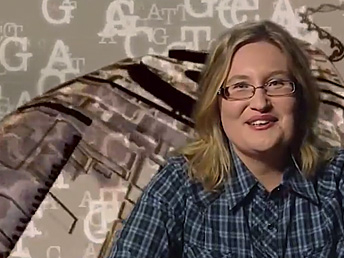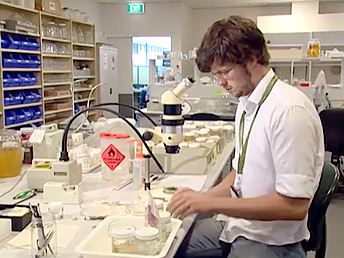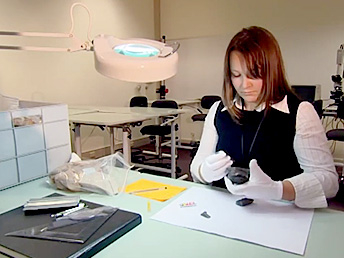
Medical Entomologist
As a medical entomologist it is your job to analyse the impact of disease-carrying insects on humans. You will investigate insects, mostly mosquitoes, and provide advice to reduce their impact on the health and wellbeing of people.
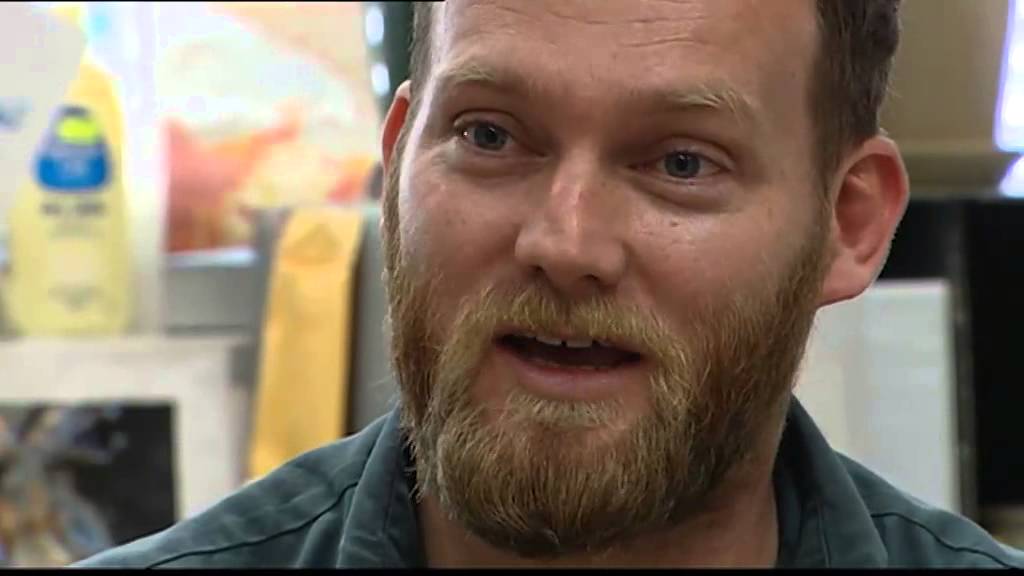

What the job looks like
Salary expectation
starts at $40,000 up to $100,000+

The good
- Working across different areas like conservation, health, and education
- Informing health management strategies for people and pets
- Controlling or reducing the spread of diseases from insects
- Working indoors and outdoors
The not so good
- Irregular hours
- Writing reports and papers can be demanding
As a medical entomologist you may go out into the field to survey habitats, sample young mosquito populations and monitor adult mosquito populations. You will then take these samples back to the laboratory for processing and identification.
Afterwards you may organise and analyse the data together with climatic and environmental factors. You will use mathematics to interpret the data and make sense of it.
Based on your results, you might write a report, prepare a presentation or submit an article to scientific journals that explain your research and how it can help prevent health issues.
This could be used to inform government agencies or developers looking to carry out urban development in mosquito-sensitive areas. English and literacy skills are an important part of being a good communicator.
If you have an interest in solving problems, health and science, then a career as a medical entomologist could be for you.
I have a passion for the natural world around me so my work blurs with my hobby.
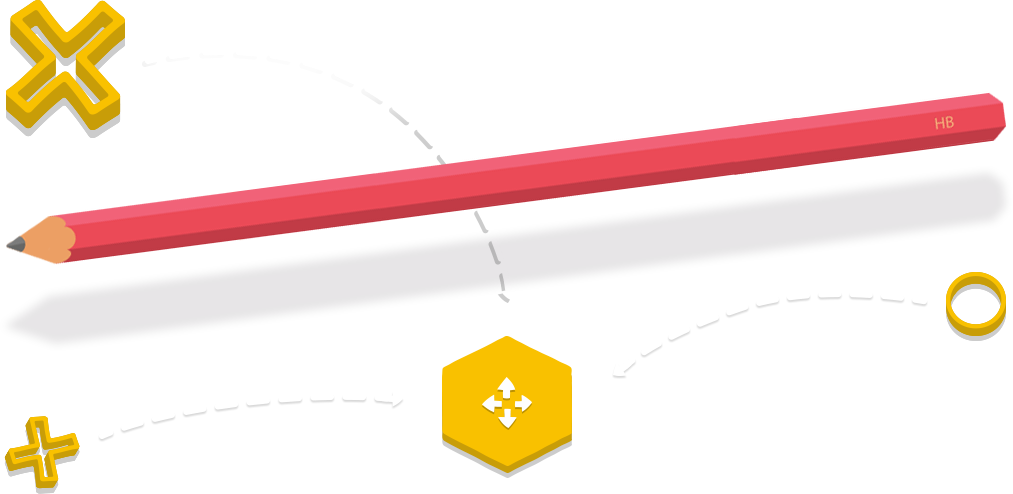
Pathways to this career
Subject suggestions for the HSC
Choosing your HSC subjects from this list could really help with your career. Think carefully about what you want to study after school as you might need to choose specific HSC subjects for that course and to count towards your ATAR (Australian Tertiary Admission Rank). An ATAR is your academic rank in relation to other HSC students and helps with University admission.
HSC subjects
Some subjects will count towards your ATAR, others will not. Check with your career advisor before making subject selections.
- English (Advanced or higher)
- Mathematics (2 unit or higher)
- Chemistry
- Biology
- Earth and Environmental Science
What can I do after I have finished school?
University degrees
Studying one of these degrees can help with your career.
- Bachelor of Science
Suggestions
Check out the CSIRO for more information
- Check out places like zoos, museums and botanical gardens. They employ entomologists so see if you can do work experience with a professional
- Go to career expos and events like university Open Days to find out more information about what you will study
